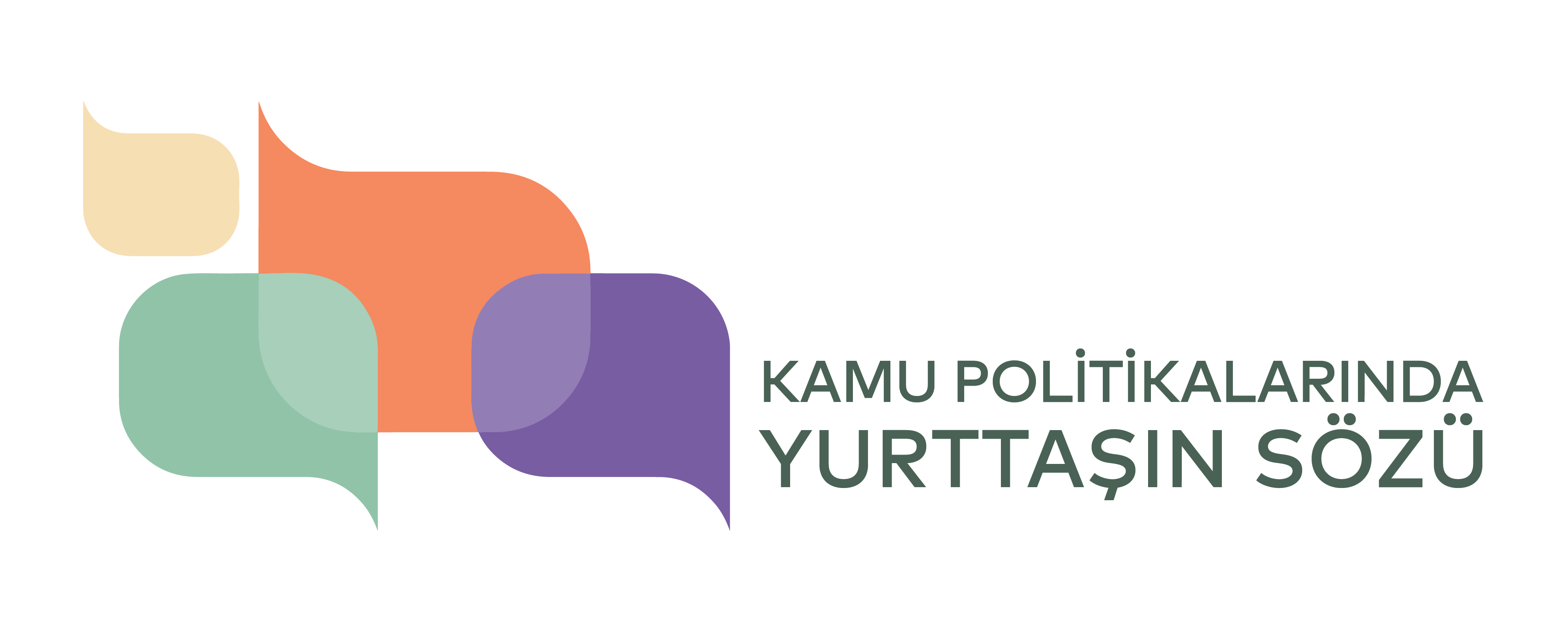saha 4 - University: Power, solidarity and citizenship
Throughout the history of modern Turkey, the state always had a substantial control over the university. This part of history, sometimes going as far as to making purges, is surprisingly constant from the early Republican period to the present. Undoubtedly, the political identities of those who were purged or the reasons for it were different in each period. Still, the simple motivation behind the purges remained unchanged: to prevent the university from becoming the center of centrifugal tendencies. Sometimes it was the fear that the ancien régime would be resurrected, and most of the time, “communism/anarchy/terror threat” was used to legitimize such power interventions. In short, keeping the university under control has always had an important role in the formation of state- citizen relations in Turkey.
What has happened at Boğaziçi University since the first days of 2021 shows once again how alive this historical heritage is. The appointment of an academic from the outside as rector of Boğaziçi University, who was a candidate for parliament from the AKP ranks in the past, and who, according to many, did not qualify for such position, the reactions following this appointment, and the way the political power responded to these reactions can be thought in this context. A university, where intellectual independence and academic merit mechanisms are alive despite everything, is faced with an open attack in front of everyone, without any rational explanation. This administrative measure, which is not surprising considering the political developments in recent years, reveals that the political authorities’ concerns about keeping universities under control continue unabated.
When we take a closer look at this last intervention against Boğaziçi University, and also, at the similar interventions against higher education institutions all over the country in the past, it is possible to say that the landscape before us is shaped by the intersection of two fundamental dynamics. First, just like in many authoritarian populist political regimes all over the world, the AKP, in its own management rationale, sees it as a necessity to occlude the limited areas of freedom that universities have been able to build over the years and in fact in a very fragile way, through the “authentic nation” and “alienated elites” duality made up again by the AKP. Sharing the administrative staff of universities within a narrow circle brings about the dismantlement
of academic freedoms further. Moreover, it is also conceived as a critical moment to construct envisioned cultural hegemony on a larger scale. With Boğaziçi University, it is apparent once again, perhaps more evident than ever before, that such intervention does not have a constructive effect in the desired sense, but on the contrary, it brutally abolishes the existing academic norms and conventions, albeit limited. A second dynamic, which is intertwined with the first at times and moving in the opposite direction at other times, is the neoliberalization process of higher education, which we also trace on a global scale. This process, which includes a series of intertwined themes from the marketization of educational activities to the gradual evolution of the management logic of academic institutions into the corporate logic, is certainly not unique to today and here. Moreover, to what extent and in what ways the dynamics of authoritarianism and neoliberalization work together is a question with no explicit answer.
In this issue of saha, we precisely take it from this question and try to focus on the last cross-section of the Turkish universities’ journey. Our intention is to understand where the university comes from and where it is destined to, with reference to the interventions against Boğaziçi University, and more importantly, with the inspiration of the solidarity and creativity generated by the resistance to these interventions. Eventually, we hope that studying the transformation of the state-citizen relationship through university as an ecosystem of institutions, ideas and relations will open new ways of thinking and acting.





